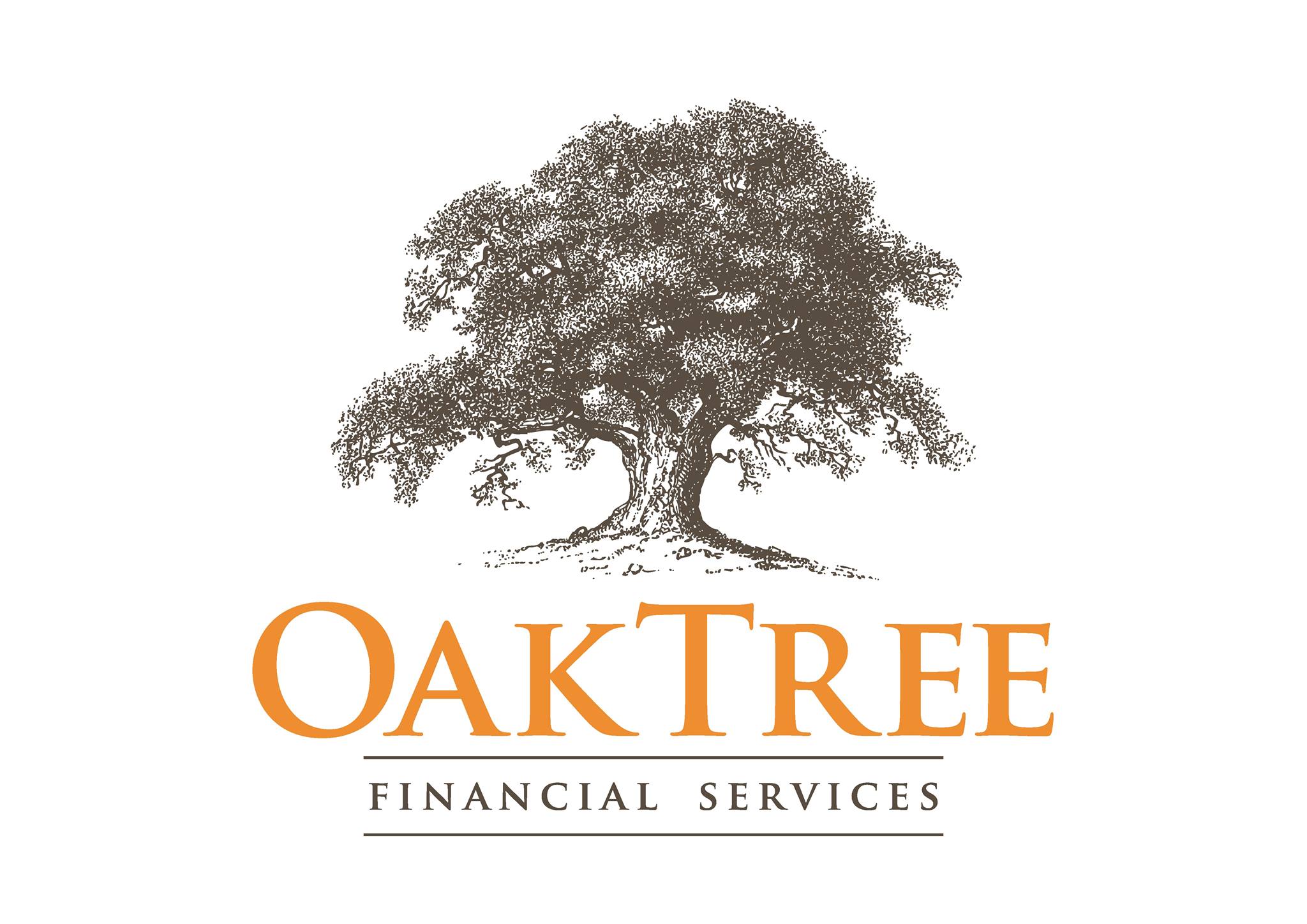In economic downturns, people typically hold onto their money and wait to see some sort of improvement before they ramp up spending again. As a result, deflation can become deep-rooted in the economy because people stop spending, demand declines, prices for goods and services fall, and people wait for even lower prices before spending. It’s a harmful cycle that can be very hard to break.
Negative rates fight deflation by making it more costly to hold onto money, incentivising spending. Theoretically, negative interest rates would make it less appealing to keep cash in the bank; instead of earning interest on savings, depositors could be charged a holding fee by the bank. Simultaneously, negative interest rates would make it more appealing to borrow money, since it would push loan rates to rock-bottom lows.
In 2014, the European Central Bank (ECB) was the first central bank to adopt a negative interest rate policy, to address the eurozone crisis. The ECB lowered its deposit rate to -0.1% that year in an attempt to hold off deflation and move the economy away from an extended depression. Today, the current ECB deposit rate is -0.5%, the lowest on record.
In Europe, inflation has remained anaemic and many argue that consumers have simply responded to negative rates by moving their savings around to banks offering higher yields. Some banks report that big depositors are requesting their physical cash be put in vaults where it can avoid the negative interest rates, and businesses have held back on spending and resisted the “temptation of cheap money.”
How would negative interest rates affect you?
Saving for your future is a key part of life – whether it is saving for your children’s education, supplementing your lifestyle or planning for your retirement. However, with interest rates at historic lows, the returns you are getting from savings held on deposit will not deliver the long term returns you need. Over the last number of years, earnings from investments such as equities and bonds have far outstripped that of cash. That’s why we see more investors once again looking at alternatives to holding money on deposit.
We know that taking the first step into investment markets can be daunting, so we recommend that you seek professional financial advice from a Financial Broker or Advisor. It’s their job to help guide you into making the correct decision about where to invest your money and to highlight all the considerations from being aware of the effect inflation can have, through to the benefits of building a diversified investment portfolio.
Cash may not be the answer
Holding your money in cash or on deposit may make sense for people who are risk averse and/or have short term goals. However, over the last number of years holding too much of your savings in cash has been costly. Generally, individuals are rewarded for taking some risk with their investment and assets, such as equities and bonds, have the potential to earn you higher returns than cash, especially with the current negative interest rates.
If you want to ensure your cash is delivering you growth and enhance the value of your savings please contact us for advice tailored to your requirements.

Tracy Sumstad is a highly qualified and experienced Senior Financial Consultant with over 20 years of expertise in the Finance Sector. Tracy is well-equipped to provide comprehensive advice on financial planning and corporate solutions. Her focus lies in helping clients identify their unique values and goals, empowering them to make informed financial decisions that protect and enhance their wealth and success.


